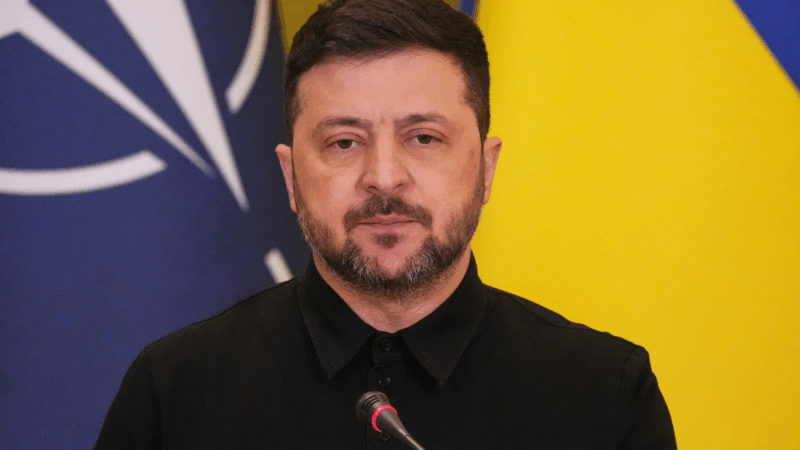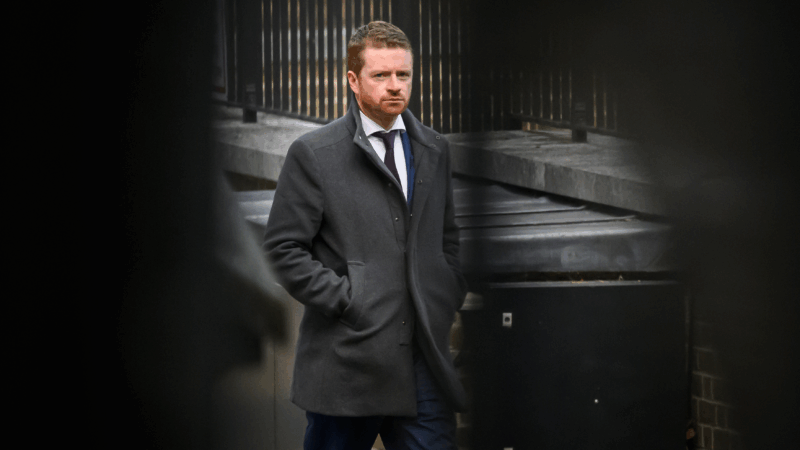Streamlining Emergency Response in Area Schools
Most Alabamians remember “snowmageddon.” Two years ago today, January 28, this winter anomaly crippled much of the state, stranding hundreds of students in schools and even on buses overnight. That got children’s advocates thinking about better ways to respond to emergencies including those with the Children’s Policy Council of Jefferson County.
On a cold, winter morning in Birmingham, UAB public health professor Lisle Hites and a team of graduate students are leading a workshop on disaster preparedness in schools at the policy council’s office. The scenario is a weather-related disaster called “Iced In,” modeled after “snowmageddon.”
“You might be a principal,” Hites says, giving each participant a role to play that coincides with a school staff member. “You might be a kindergarten teacher, a nurse, or the head of the cafeteria.”
Then Hites and his team set the scene. It’s late January and the daytime temperature is 31 degrees. Rain starts to fall, freezing on contact and forming a layer of ice. Then it starts snowing. Groups begin by answering a list of questions.
“Does your school have a sign out policy? Definitely yes,” says Alice Westery, executive director of Youth Towers, an organization that helps homeless children.
The scenario escalates. Students and teachers get stuck at school. Participants then discuss food and medical needs. Eventually schools lose power and that’s when it gets real. The groups panic.
Hites wants to help schools better handle emergencies like this. But there are several challenges.
“Not all disasters are created equal,” says graduate student Maria Hernandez, one of the facilitators. “A weather disaster is different from a natural disaster, from maybe an active shooter issue or you know, an epidemic.”
Staffing’s also a problem. For instance, teachers may want to leave during a disaster to be with their own families. These are just a few examples from a long list of things that could go wrong.
“The idea of these tabletop scenarios is that we’re able to test things before they happen,” says Hites. “Or if they have happened, go back and recall lessons learned as we did in this situation.”
The Children’s Policy Council plans to use these findings to help schools streamline emergency procedures so the fallout from future snowmageddons might be avoided.
Seahawks win Super Bowl title, pounding the Patriots 29-13
Seattle's "Dark Side" defense helped Sam Darnold become the first quarterback in the 2018 draft class to win a Super Bowl, to win the franchise's second title.
No, that wasn’t Liam Conejo Ramos in Bad Bunny’s Super Bowl halftime show
A publicist for Bad Bunny confirmed to NPR that the little boy in a blue bunny hat detained by ICE in Minneapolis last month did not participate in the Super Bowl halftime show.
March for Life attendees may have been exposed to measles, DC Health warns
D.C. health officials are contacting people possibly exposed to measles at the March for Life in January, as confirmed cases rise nationwide.
U.S. gave Ukraine and Russia June deadline to reach peace agreement, Zelenskyy says
"The Americans are proposing the parties end the war by the beginning of this summer," Zelenskyy said, speaking to reporters on Friday.
U.K. leader’s chief of staff quits over hiring of Epstein friend as U.S. ambassador
British Prime Minister Keir Starmer's chief of staff resigned Sunday over the furor surrounding the appointment of Peter Mandelson as U.K. ambassador to the U.S. despite his ties to Jeffrey Epstein.
Trump administration lauds plastic surgeons’ statement on trans surgery for minors
A patient who came to regret the top surgery she got as a teen won a $2 million malpractice suit. Then, the American Society of Plastic Surgeons clarified its position that surgery is not recommended for transgender minors.







